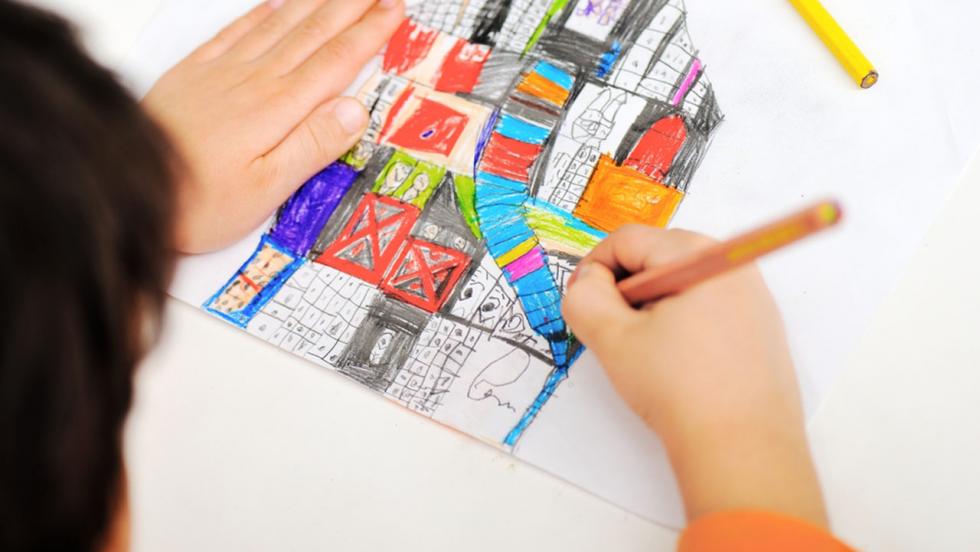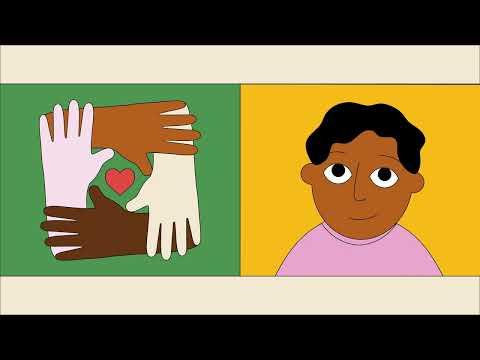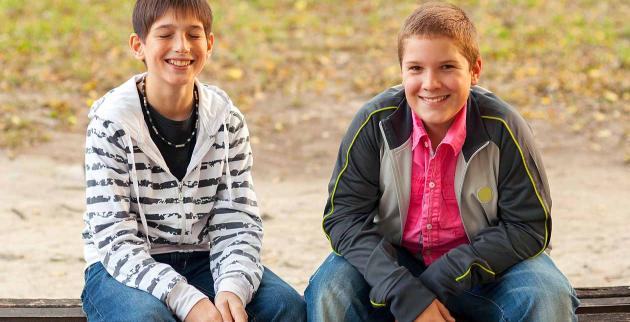Going into care

If a young person cannot stay with their own family because it is not safe, you have the right to care.
You will always be supported to stay with your family if possible. But if you have to move out for a while, then you will be looked after.
How you are looked after will depend on you and what you need.
Take action: If you can't live at home, support and advice is available, and you have options. Download a copy of the Nowehere to Call Home flier to find out more.
Foster care
Some children and young people who are looked after live with a foster carer, in their home and as part of their family. This could be for a few days, a few weeks, or for longer.
Foster carers have been checked to make sure that you will be safe and happy with them, and chosen to make sure they suit your needs best.
They help you settle into family life and take care of your safety and happiness. Foster carers can also help you stay in touch with your own family and friends, if you wish to do so.
Usually children will not stay with foster carers permanently. Foster carers can apply to adopt a child, or look after them until someone else does.
Instant Expert: Find about fostering with Oxfordshire County Council.
Adoption
If it's unlikely that you will be able to return home to your natural family, you can be adopted into a new one.
In any decision about your care, the professionals involved will listen to your views. Everyone will work together to make sure your best interests are kept in mind.
Instant Expert: Find out more about adoption on the Adopt Thames Valley website.
Special guardianship and kinship care
Sometimes there is a way for a child to be cared for in a safe space by a special guardian or relative.
All situations are individual but support will be available for you and the person looking after you.
Children’s homes and other placements
Some children and young people do not live with foster carers but in residential settings.
These are homes where you live for a short while when you cannot be looked after elsewhere.
If you are going to live in a residential setting, your social worker and the staff there – including your key worker – will explain what happens when you move in. Homes and schools will be checked by social services to make sure they are safe.
This short videos explains how different people work together to help, support and protect children and young people.


